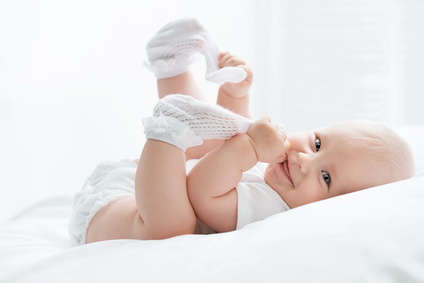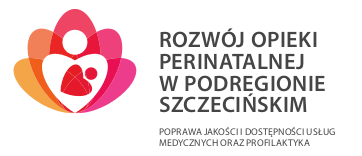
A premature infant is a baby born between 23 and 37 weeks of gestational age. The younger the baby is, the more help it will need and tge care required will be more intensive. Such children also face a freater risk of complications, various health problems. Their discharge from hospital depends on the baby’s ability to breathe, eat and maintain relatively stable body temperature independently.
The baby’s stay at home is exceptional, magigal even. Is requires suitable preparation.
A place must be found in the flat for a cot, it is the best if it is located in a bedroom. Proximity to parents will facilitate care over the baby. Getting up at night to feed or change the baby will become less onerous. Additionally, it is easier to monitor the baby’s sleep. It is commonoly lnown that premature babies are at greater risk of Sudden Infant Death Syndrome. Slleping with the child is one bed is not recommended. There is a risk that baby may be squashed with the parent;s body or may be involuntarily thrown off bed. In case of children with history of breathing-holding spells as the neonatal departament, with the history of the so-called cot death in the family, the purchase or rental of a breathing monitor is recommended. It oufht not not to be a routine procedure with every premature infant. Optimum room temperature should oscillate betweeon 22 and 24 degrees during the day, and it may be 2-3 degrees lower at night. During a heating season it is recommended to use air humidifier.
It most cases we put the baby to sleep on its back. It is a safe position. However, lying only on the back may lead to flattening of the occiput. Therefore, it is good to change the baby’s position, placing it on its tummy, obviously while maintaining visual control. By lifting the head, a baby exercises neck, arm and back muscles. The excercise additionally facilitates peristalsis. We have to remeber that the baby needs close contact with us. Cuddling skin to skin, or the called kangaroo care, lowers stress, guarantees more paceful, deeper sleep and it has beneficial effect on brain development.
Bathing a premature baby is no different than bathing a baby carried to term. Depending on the situation, we either do it every day or every second day. Use washing agents that hold a seal of approval, the so-called emollients are recommended. Once taken of the water, the child must be dried quickly by touching, not rubbing because a premature infant’s skin is delicate and can be damaged easily. After a bath, skin should be moistrurized with baby oil or suitable moisturizing milk.
Premature baby needs to be changed as often as the child and its skin requires. One needs to remeber of adequate nappy size. There are already suitably small nappies available on the market. You may use baby wipes to clean the baby skin. Choose the most delicate, hypoallergenic and scent-free wipes. You may also use delicate quaze pads soaked in water. The care involves using suitable protective cream. You may air the baby’s buttock, but take care not to chill the child off.
The possibility of walks depends on the season and the preterm baby’s ability to maintain its body heat. In the winter we allow the baby to lie in the open air, i.e. Dressed in a jumpsuit and cap, we place the baby in a pram and expose it to fresh air thtough an open window. In this way, we gradually accustom the baby to lower temperature. Then we can venture on a 30-minute walk, best on a sunny, wind-free day. We must not expose the child to temperatures lower than -5 degreed Celsius. We need to remeber of adequate clothing. We check skin warmth by touching the baby’s neck and feet. Cooler hands do not necessarily mean that the baby’s organism has been chilled, but that its circulatory system is not yeat fully developed.
We need to bear in mind that a premature baby matures gradually. Therefore, we should avoid noise, hurry and unnecessary visits. The first visitors should not be coming before the baby is three months old. Children visiting can pose a danger, since they may carry diseases dangerous to baby’s health. Contact with persons showing any signs of infection are absolutely prohibited. It is worth postponing such visits for a more opportune moment.



